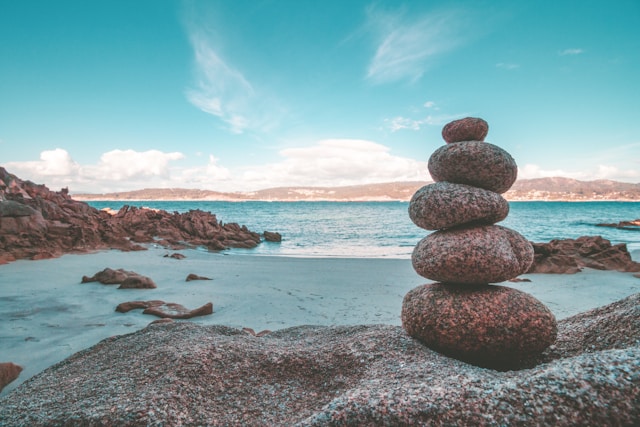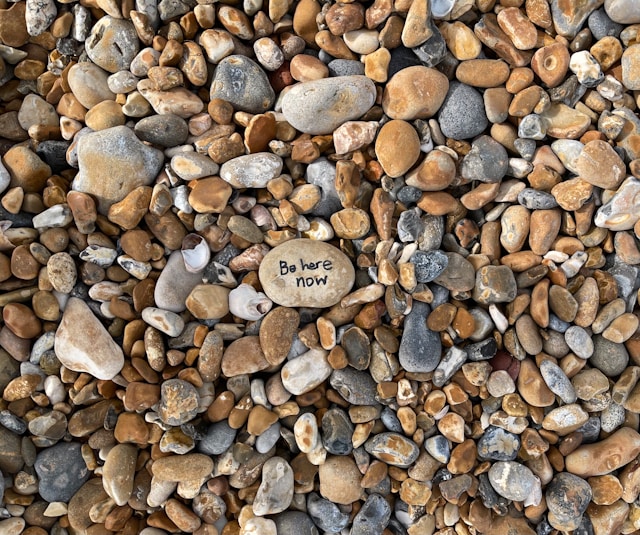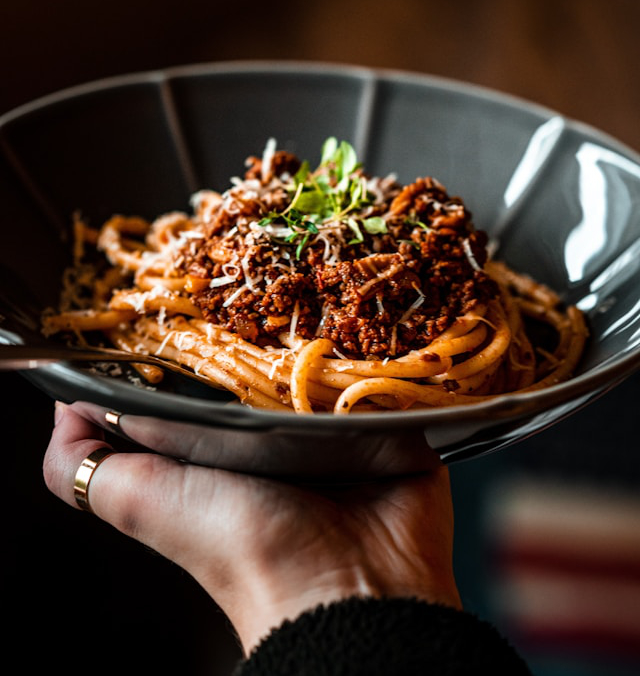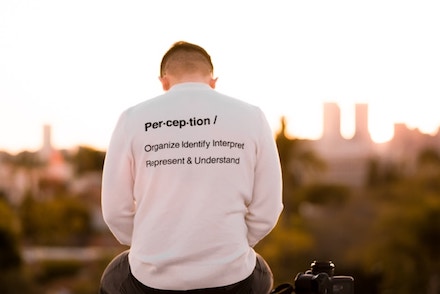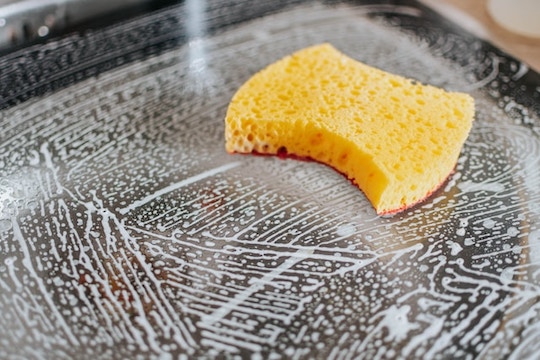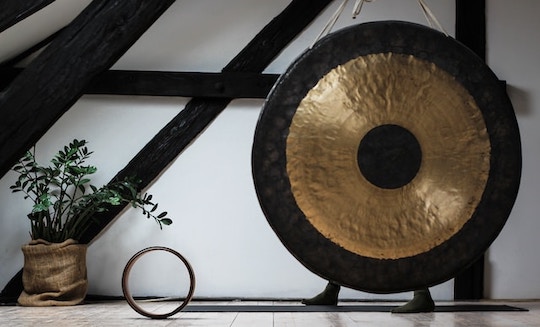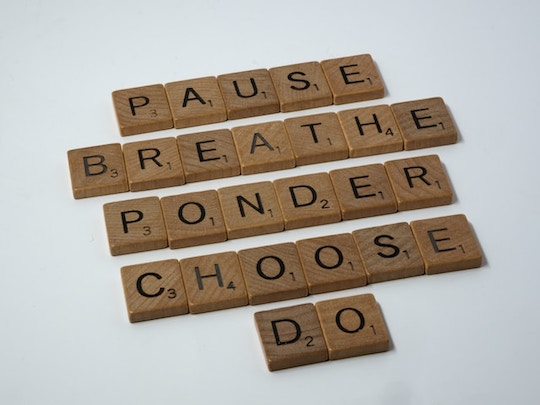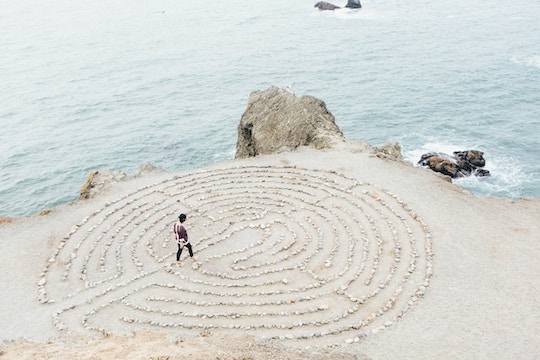Use your mind to stop the hands of time to simply experience and savor this moment.
—Calm App Reflection
Today’s quote is about the power of mindfulness.
Time relentlessly moves forward, but through conscious awareness, we can pause mentally and fully immerse ourselves in the present.
This practice allows us to appreciate life’s simple joys — whether it’s the warmth of sunlight, a heartfelt conversation, or the taste of your favorite meal.
By intentionally slowing down our thoughts and focusing on NOW, we enrich our experiences and reduce stress.
Embracing this mindset transforms fleeting moments into lasting memories, making life far more meaningful and fulfilling.
EXERCISE:
Take three to five minutes throughout your day to take a breath, engage your mind, and truly savor these pauses in time.

